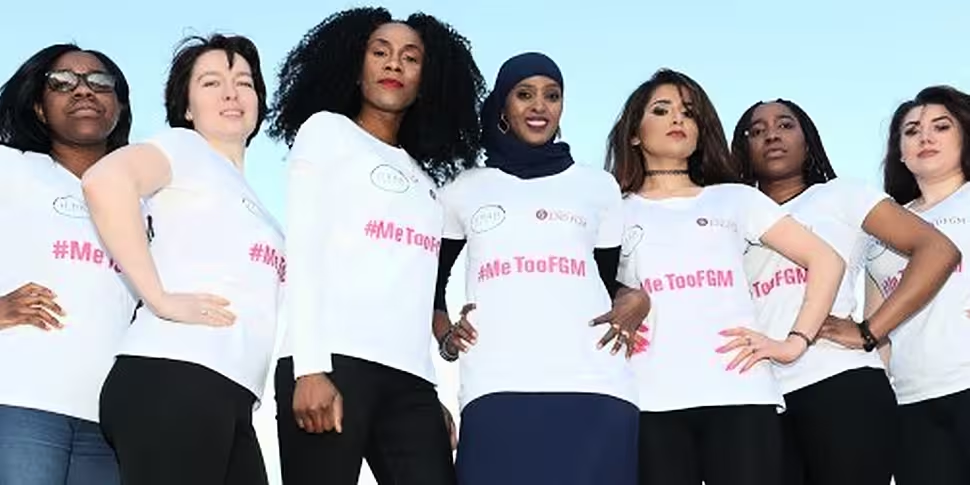The number of women and girls subjected to Female Genital Mutilation in Ireland has almost doubled - to almost 6,000.
A new study has found there are more than 2,600 women and girls still at risk of the practice – which remains illegal here.
The UN estimates that around 200 million girls and women in over 30 countries have been subjected to the practice, which has been described as barbaric.
Today is the International Day of Zero Tolerance for Female Genital Mutilation.
FGM is a violation of human rights and must never be performed.
Let's #EndFGM! https://t.co/OhbnGH6UYo pic.twitter.com/79ozfsG8W2— WHO (@WHO) February 5, 2018
Female Genital Mutilation (FGM) is mainly carried out for reasons of cultural tradition.
It poses serious health risks and is internationally recognised – including by the HSE, the World Health Organisation and the UN – to be a violation of women’s human rights.
Female genital mutilation causes many health risks, as well as physical & emotional pain. Let’s #endFGM: https://t.co/QNBMKHHy4O pic.twitter.com/t6rAXXyGaJ
— United Nations (@UN) February 6, 2018
Zero tolerance
Today marks International Day of Zero Tolerance against Female Genital Mutilation and international NGO ActionAid has launched a set of recommendations aimed at ending the practice in Ireland.
The recommendations come on the back of the group’s work with women and girls in Cork.
Dr Caroline Munyi has been working on the AFTER project in the city - which uses a specialist approach to educate and empower women, girls and men to reject the harmful practice:
“Anybody who can control you in private, can control you in public,” she said.
“That means they can even tell you who to vote for, where to go, what to wear; maybe don’t go to school.
“So you can see how it connects to other issues of poverty and maybe poor governance.”
Empowerment
CEO of Action Aid Ireland Siobhán McGee said empowerment and participation is central in the fight to bring an end to the practice.
“It was inspiring to see the women in Cork encourage their daughters to join the project and strive to take advantage of the full range of opportunities at their disposal.”
She said the Government needs to show continued leadership in the fight against the practice:
“Sustained work over time on this does work,” she said. “It does make a difference.”
“It does see an end to this type of violence against women and it is really important.”
Recommendations
The group is calling on the government to ensure women and girls in Ireland are fully protected and supported by:
- Effective transposition of existing European directives.
- Ensure a comprehensive law on FGM/C that deals with prosecution, prevention and protection measures.
- Allocate a clear and sufficient budget for the implementation of the National Action Plan including specialised services, resources and trained professionals.
- Improve and better coordinate FGM/C prevention and survivor support services that are integrated as part of general public services.
- Implement government campaigns to raise awareness of the issue at national level.
A worldwide social media campaign is also been launched today calling on people to mark Zero Tolerance Day for FGM by using the hashtag #MeTooFGM to show their support.
Reporting from Paul Quinn









